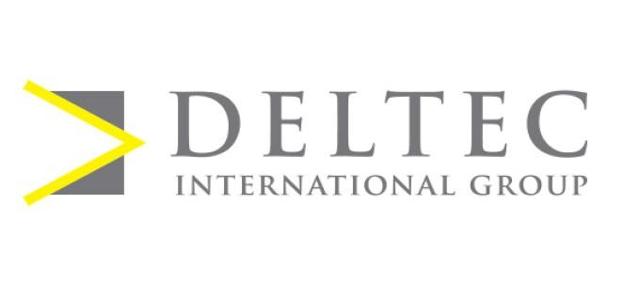As traditional banks are gradually replaced by digital banking platforms, fintech becomes significantly more integrated into the customer banking experience. With the use of several tech innovations including augmented reality, virtual reality, and artificial intelligence, customer use of digital banking apps and website accessories such as chatbots are revolutionizing what banking is expected to be.
This is a welcome change, as professionals in banking are in dire need of renovations to improve customer relations and accessibility. Fintech has so far allowed financial institutions to make sweeping changes to their business structure, allowing them to speed up the process of making transactions with greater security and expand their reach to increase their consumer base.
Many have regarded fintech as “disruptive” due to the powerful ways it is changing the industry. Many traditional banking institutions have been slow in their embrace of technological innovations, but now is the time to recognize that digital banking is the standard of the new age. According to Deltec Bank Bahamas, “Banking professionals can no longer deny that, in order to provide an accessible, appealing, and competitive customer experience, they must begin to keep pace with the continuous innovations of fintech.”
Successful Examples of Financial Institutions Fintech Innovations
In the past, financial institutions (FIs) relied on in-person interaction as the most effective way to build rapport and lasting relationships with their customers. Although this is still a beneficial practice, customers now expect high-quality service to be delivered remotely. For instance, it has been observed that a growing portion of banking customers now expect their institutions to store and remain familiar with their personal information. At first glance, that sounds a bit counterintuitive.
However, the benefit of banks’ ability to store their customers’ personal information in large data sets allows greater specialization in customer service. Fintech allows bank employees to achieve efficient service to the whole of their consumer base while also providing a highly personalized banking experience for individuals.
The biggest example of improved customer experiences using fintech is mobile apps wherein customers can manage their finances in almost any way they need: transferring money between individuals or institutions, depositing checks, or making payments.
Types of fintech that are rising in popularity right now are using:
- Augmented reality
- Virtual reality
- Big data
- Artificial intelligence
Applications have gone even further than conveniences of AI in the form of chatbots and virtual assistants, however. Some financial companies, such as Visa, have developed uses for fintech by integrating the customer banking experience into everyday activities such as purchasing food. Visa cardholders are able to access food delivery services using virtual reality maps and streamlined payment functions. Capital One has implemented augmented reality into the management of auto loans, allowing customers to immediately pre-qualify for a loan after shopping for a vehicle in a VR showroom or simply pointing to a vehicle on the street to gather data on pricing and specs.
Better Customer Service with Fintech
With all this tech, customers are able to experience faster, more efficient service – not just remotely but in relationships built with staff as well. Using big data, for example, FIs are better able to monitor customer behavior and market trends, allowing professionals to precisely anticipate the needs of their customers. Based on the statistical analyses and data visualizations that can be achieved by the use of big data, bank employees can strengthen their customer service with real-time information to accurately inform business activity.
This advent also forms part of the backbone of artificial intelligence by the use of algorithms to fuel machine learning in a way that is conducive to smooth user experience. Artificial intelligence is not unique to mobile apps, either – it can be used on bank websites to relay customer information to staff, at ATMs, and even at traditional banking locations for kiosks or reducing wait time.
Fintech in its current state has a seemingly endless amount of applications, and the numbers and quality just keep rising. The maintenance of quality customer service and interaction now relies on thorough integration of innovative technologies into the banking and finance industry, and those who do not keep up may find themselves losing to other institutions that embrace it.
Disclaimer: The author of this text, Robin Trehan, has an Undergraduate degree in economics, Masters in international business and finance and MBA in electronic business. Trehan is Senior VP at Deltec International www.deltecbank.com. The views, thoughts, and opinions expressed in this text are solely the views of the author, and not necessarily reflecting the views of Deltec International Group, its subsidiaries and/or employees.
About Deltec Bank
Headquartered in The Bahamas, Deltec is an independent financial services group that delivers bespoke solutions to meet clients’ unique needs. The Deltec group of companies includes Deltec Bank & Trust Limited, Deltec Fund Services Limited, and Deltec Investment Advisers Limited, Deltec Securities Ltd. and Long Cay Captive Management.
Media Contact
Company Name: Deltec International Group
Contact Person: Media Manager
Email: Send Email
Phone: 242 302 4100
Country: Bahamas
Website: https://www.deltecbank.com/

